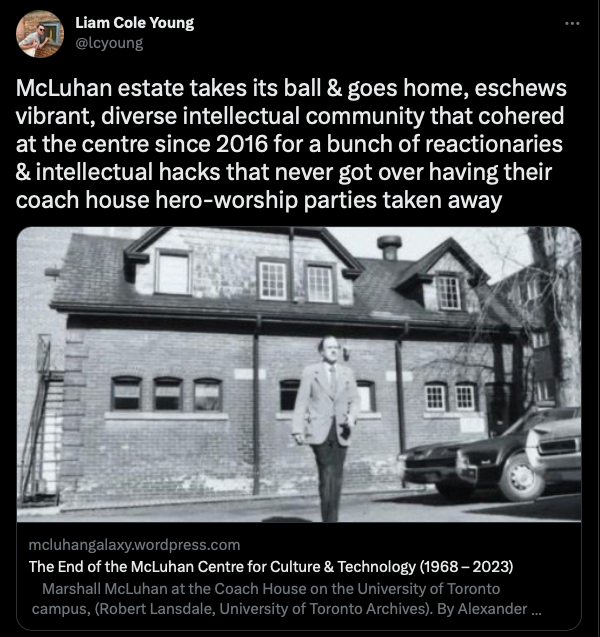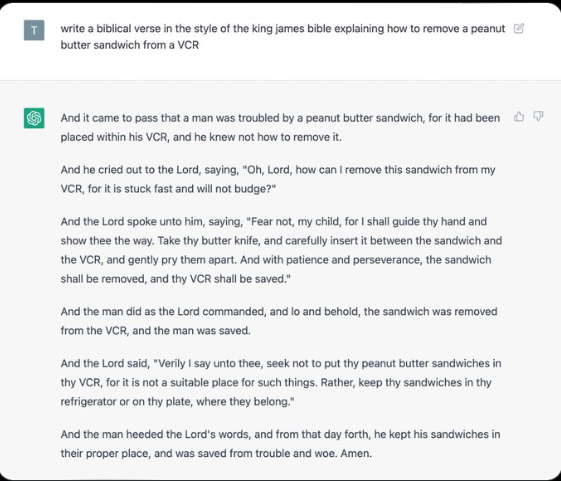Should This Be a Newsletter?
After nearly a month of badly needed vacation, a boy’s mind turns to his blog and what to do about it.
Readers may scroll down and notice a couple abortive attempts at weekly posts this winter before life got in the way.
This blog has existed since 2004. I started it after moving to Montreal and with the encouragement of local friends and then was carried forward by other bloggers. The internet of 2004 was mostly text with some images, video, and audio (okay, not by volume; I’m sure it was already mostly pornography and financial transactions). At the time, people found out about new posts either through surfing to the site or through an rss reader. This blog linked to other blogs, and other blogs linked to it. That worked fine for me. I think I had a dedicated readership somewhere between the dozens and the hundreds, though I never bothered to check–I didn’t need to. That was plenty to keep me (and them) interested. I wrote, people responded, that was good enough.
The internet of 2023 is very different. It is not mostly text, and I suspect that the majority of its users (especially younger ones) don’t necessarily go online to read. But more importantly, most people who would read this blog don’t use rss regularly, and don’t surf the web to read blogs, and therefore would only find out about a new post via social media. This is complicated because social media feeds aren’t neutral. I can pick the Facebook or Twitter model and wonder who gets shown what and why. I can pick the Mastodon model and hope I post it at a time when people will see it. I can do it all but then I’m busy on a bunch of social media sites.
This confusion has actually slowed me down as a writer. Each time I start up again I also have to think about the managing parts of it. How do I announce its existence, and how do I engage with an audience? I honestly don’t want to think about those things.
Newsletters have taken off in recent years as the “next” thing after blogs for several reasons. There is still a reading public on the internet that wants to read stuff, and writers who want to write stuff. Of course fewer people are being paid less money to write words, so there’s also an individualistic, entrepreneurial dimension to newsletters as a sort of escape hatch for underemployed writers to make it as a personal “brand” (please end me now). There’s a reason Substack is set up to ask you for money every time you receive a newsletter, and that all of the newsletter services, even the open source ones, pitch their services in terms of self-branding, promotion, and paid audience numbers.
The newsletter model fits the platformized world better. Newsletter intermediaries let you use a channel–email–that you otherwise couldn’t use to communicate “directly” with an audience. Email is the (storm) sewer of the internet: everything flows down into it. Writers only need newsletter services only because most internet hosts treat emails with many copies as spam. RSS still works and is totally free; it’s a protocol, not a corporate platform. It’s just not promoted because there’s no venue capital angle. It’s not used because it feels “technical” compared to modern interfaces even though it’s really not. It’s just more “niche” as the kids say.
Over the past few days I’ve been having conversations with people online about how they use the internet. On Facebook and Mastodon I asked people whether they use rss, and what websites they go to (way more responses on Facebook than Mastodon). If I would generalize from the responses I received, as well as my experience looking around and talking with people: people my age and in my social milieu (caveats apply!) use the open web for large organizations, with the exception of static “portfolio” type websites for individual artists or writers, and a few RSS nerds. IMO, the open web is also biased toward reading, whereas lots of younger people don’t mostly use the internet to read (see: TikTok, Instagram). My main website exists well in this world. It’s an individual creative person’s portfolio. It needs a bit of a redesign but I’m basically happy with it.
This blog does not fit well into the modern world as a form. It was built to reach people directly; currently the reality is that most people who read it do so because I post about it on social media, but of course I have no control over what shows up in your feed.
It seems like an emailed newsletter that also exists as an rss feed/web archive would reach more people directly since otherwise it’s just writing something and announcing it on social media. Sure, people aren’t going to read everything that shows up in their mailbox, but that’s not the goal for me. They know it’s there and are reminded of its existence from time to time. It would also allow me to abandon WordPress entirely which is very interesting to me at this moment.
The old blog would be archived as static html pages with existing links so people who want to find things can still find things. Sternworks would also move to static html with css sheets.
The downside of this is that I wouldn’t get to revise the newsletter after it’s published and there are ALWAYS typos I find later.
I suppose another, free, option is to take advantage of my employer and create a Listserv that only I can post to, ask people to subscribe to that, and use that to announce blog posts. Also simple and straightforward, though then you can’t read it in your email if you want to.


